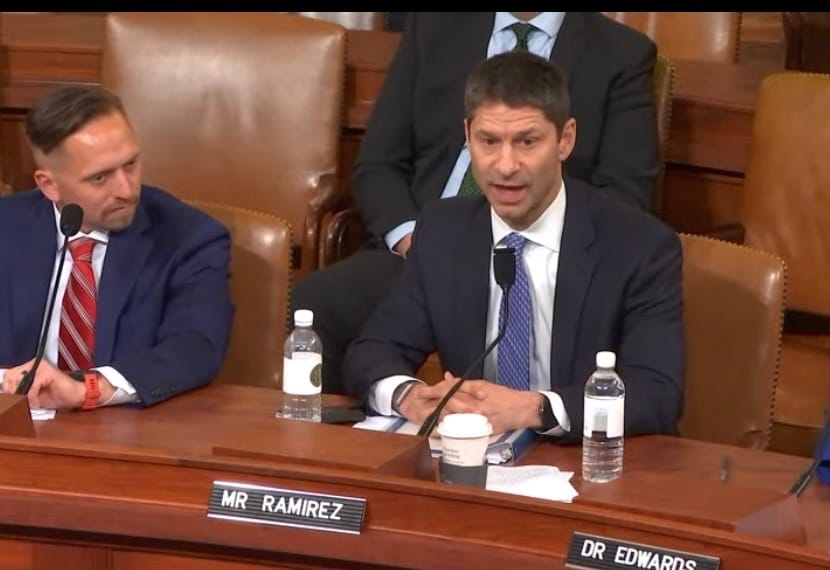Temporarily Extending Trump Tax Cuts
As the 2017 Tax Cuts and Jobs Act (TCJA) approaches its expiration date, the business community is voicing its concerns. At a recent hearing before the House Committee on Ways and Means, small business owners from various states made a case for the extension or permanence of the tax cuts introduced during President Trump’s tenure.
These entrepreneurs, hailing from West Virginia and Wisconsin, highlighted the positive impact of the TCJA on their ability to reinvest in their businesses. The act, which is set to expire at the end of 2025, includes provisions such as allowing business owners to deduct up to 20% of qualified business income and temporary tax cuts on new equipment purchases. Large corporations also benefited from a permanent reduction in the top corporate tax rate from 35% to 21%.
Committee Chair Jason Smith underscored the urgency for Congress to act to avoid what he termed “the largest tax hike in history.” However, Democrats like Richard Neal criticized the bill as favoring wealthy and well-connected individuals over workers.
Kathryn Anne Edwards, a labor economist at the RAND Corporation, presented a contrasting view, suggesting that extending the law could be costly for the government, with estimates ranging between $3.3 trillion and $3.6 trillion over the next decade.
Michael Ervin, founder of Coal River Coffee Company, and Austin Ramirez, president and CEO of Husco International Inc., shared personal accounts of how the TCJA’s provisions have been instrumental in their business growth and competitiveness.
Ervin emphasized the importance of the Small Business Deduction, also known as the 199(a) deduction, which he fears losing would result in a significant tax hike and competitive disadvantage. Similarly, Ramirez credited the TCJA with enabling Husco to undertake substantial renovations and investments that significantly boosted their revenue.
The hearing also touched upon the Tax Relief for American Families and Workers Act, a bill that received strong bipartisan support in the House but faces challenges in the Senate. This act aims to revive expired business tax breaks and expand the child tax credit.
With various temporary measures of the TCJA set to expire by December 31, 2025, business owners and lawmakers alike are calling for actions that will determine the future landscape of U.S. tax policy.






